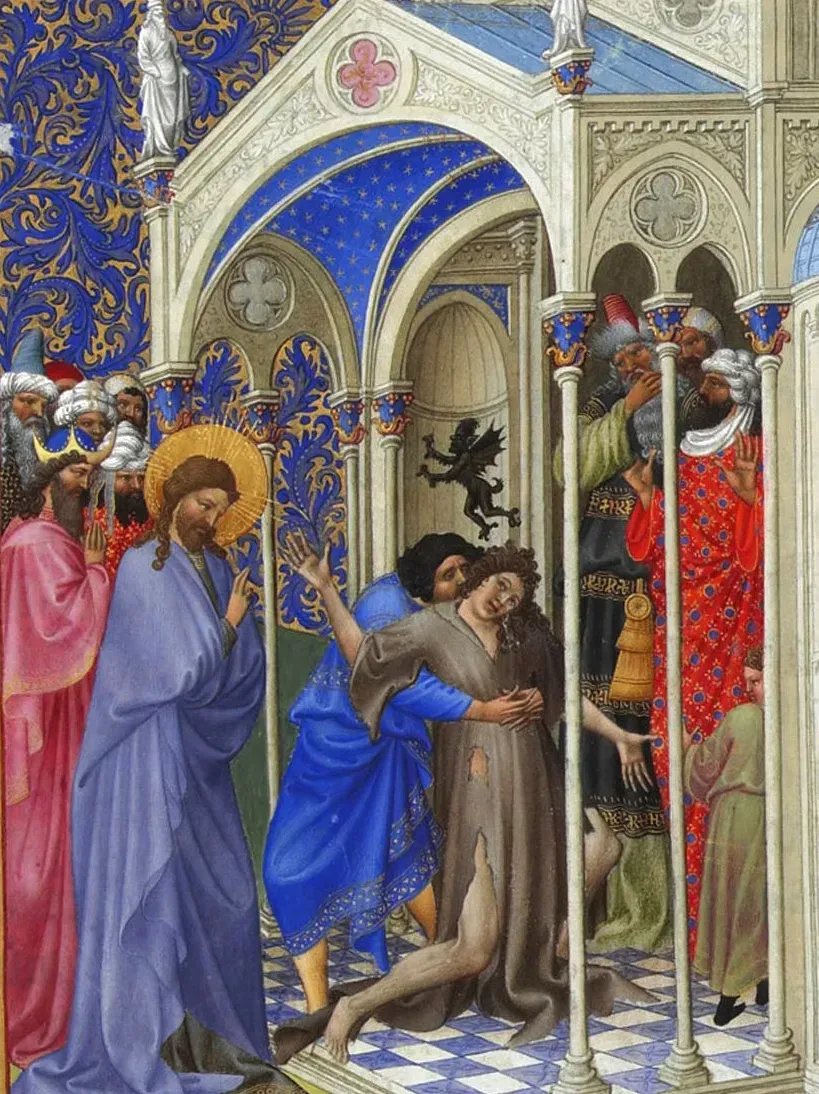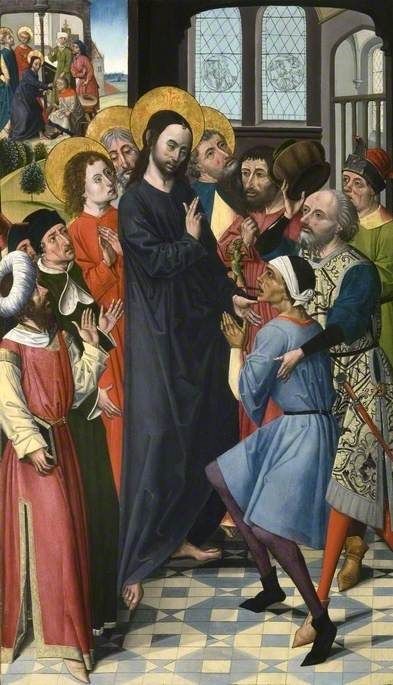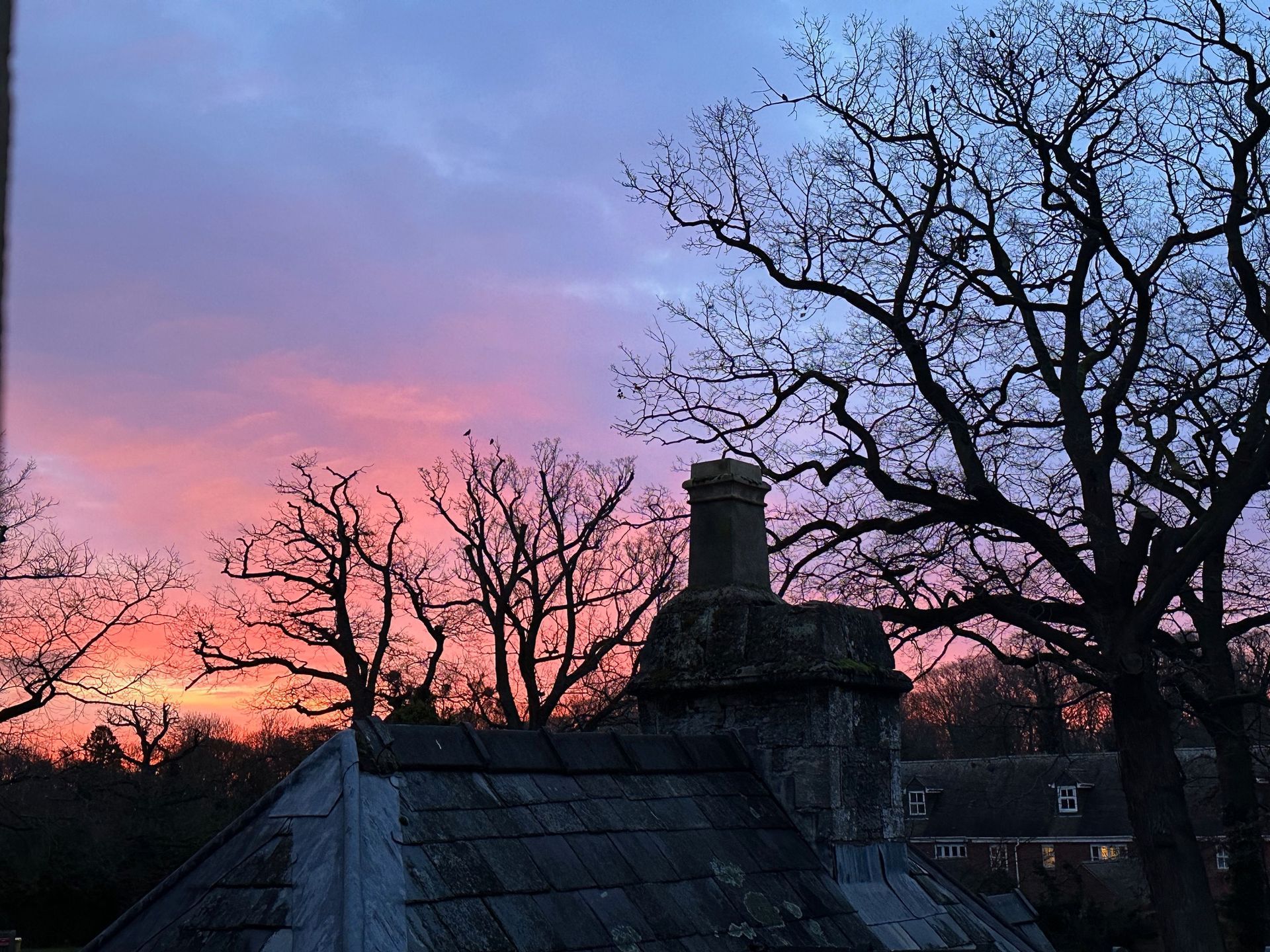Message of Abbot Paul - Sunday - 28th January 2024
Abbot Paul • January 28, 2024
If you follow these messages every day, you’ll know that they consist mostly of a short reflection on the Gospel of the day. This is the Year of Mark, so our Sunday Gospel, apart from in Lent and Eastertide, will come from Mark. But at the moment, our weekday reading also comes from Mark and we’ve already come to the end of Chapter 4, whilst on Sundays we’ve only just begun Chapter 1. That’s why, at times, we appear to be going back over the same material. I apologise. I know that many people have found reading these simple reflections on the Gospel, with something else thrown in occasionally for good measure, a great help. I’ll make a confession, writing these messages and knowing that you’re reading them has been a great help to me. They have been a kind of life support, through which I have gained strength from each one of you as well as from the power of God’s word and the love of Jesus for us all.
Our reading today, (Mk 1: 21-18), takes us to Capernaum, the town which Jesus will make the centre of his ministry in Galilee. “Jesus and his disciples went as far as Capernaum, and as soon as the sabbath came he went to the synagogue and began to teach. And his teaching made a deep impression on them because, unlike the scribes, he taught them with authority.” Of course, Jesus, as a visitor, a guest, would have been invited to say a word about the readings. Imagine if we did that in our churches. It’s good to see Jesus and his disciples as devout, practising Jews. It reminds us of the origins of our Christian faith and of the enormous debt we owe to Judaism. What impresses the congregation is the authority with which Jesus teaches and, for the first time, he is compared favourably to the scribes or doctors of the law. But the story doesn’t end with first impressions. Something more dramatic is about to take place, the healing of a man possessed by an unclean spirit.
“In their synagogue just then there was a man possessed by an unclean spirit and it shouted, ‘What do you want with us, Jesus of Nazareth? Have you come to destroy us? I know who you are: the Holy One of God.’ But Jesus said sharply, ‘Be quiet! Come out of him!’ And the unclean spirit threw the man into convulsions and with a loud cry went out of him.” It’s an interesting miracle, the first in Mark. It takes place in a synagogue and on the sabbath day. The spirit recognises Jesus not only as Jesus of Nazareth, but as the Holy One of God. As yet, not even his disciples have come to that conclusion, let alone the people in the synagogue who have begun to admire his teaching and recognise that it has an authority behind it lacking in the scribes. We hear no more of the man healed of the unclean spirit. Does he become a disciple or run away, scared out of his wits? It’s the people who react. “The people were so astonished that they started asking each other what it all meant. ‘Here is a teaching that is new’ they said ‘and with authority behind it: he gives orders even to unclean spirits and they obey him.’ And his reputation rapidly spread everywhere, through all the surrounding Galilean countryside.” They realise that in Jesus there is something new in the air: his teaching, the authority behind it and the obedience of unclean spirits to his command. As a result, his reputation grows and with that, of course, the opposition of the scribes and Pharisees and the beginning of a ministry that will lead to his arrest, trial, condemnation, crucifixion, death and resurrection.
Lord, Jesus, may we know your healing power over our minds and bodies in all its newness and may we acknowledge you to be the Way, the Truth and the Life, leading us to salvation through the gift of faith. Amen.














